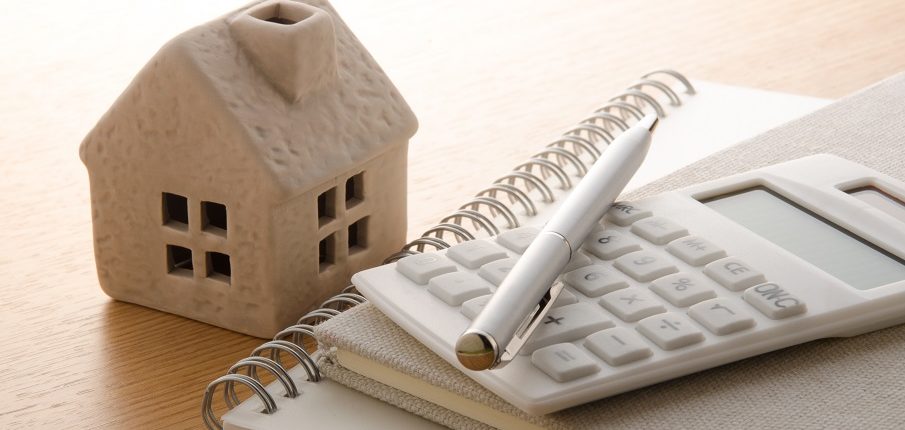Helpful Tips for First Home Buyers
Buying your first home takes careful planning and, for most people, serious budgeting! Here are a few tips for first home buyers which will help you plan for the total cost of buying a home, including your mortgage, insurance, legal fees and other costs.
Saving for a Deposit
The first step in saving for your deposit is to set yourself a savings goal. Lenders ideally require a deposit of at least 20% of the amount you are borrowing. So if you’re buying a house worth $400,000 you’ll need a deposit of at least $80,000. Keep in mind that the bigger your deposit, the less you’ll pay in interest over the long term. Speak with your Mortgage Adviser about other possible optons (i.e. the Welcome Home Loan).

Get your Family’s Help
You may be able to borrow a deposit from your parents of use the equity in their home to secure a loan. Depending on interest rates, it’s possible that you could offer them a rate higher than they would get with a term deposit, but lower than your mortgage rate. In some cases, you could look at borrowing the deposit from another financial institution – as long as you have sufficient funds to repay the debt.
Getting a Mortgage
Your first mortgage, or home loan, will probably be the biggest financial commitment you’ll ever make. You’ll probably look at dozens of places before you find the home you want to buy. It’s a good idea to be just as careful when choosing your mortgage.
There are many types of mortgages, each with its own interest rate, fees and degree of flexibility. All these things affect how much the loan costs you and when it will be paid off. Again, speak with your Mortgage Adviser to get the broadest range of options.
Get a Flatmate
This is an option worth considering as it will generate extra cash to put towards your mortgage. For example if you had a flatmate paying $120 a week, this gives you an additional $6,240 per year.
Government Help
With a 10% deposit, you may be able to borrow enough to buy a house under the government’s Welcome Home Loan Scheme. If you have been a KiwiSaver member
for three years you can withdraw your savings and if you have been contributing to the scheme for at least three years, you may also be eligible for a HomeStart grant. This means that the government could give you up to $5,000 towards an older, existing home, or up to $10,000 towards a newly built home or land to build a new home on. If you’re borrowing with someone else, you can combine your grants, which means you could have up to $20,000 if you were both contributing to KiwiSaver for five years. There are other eligibility criteria to meet, as well as regional house price caps.

Take a Long-Term View of your Purchase
The property market is like a merry-go-round; prices go up and down, but they mainly go up, up, up. If you take the long term view you would be making a very good investment.
It doesn’t matter where the cycle is when you enter the market – if you’re in it for the long haul you will reap the rewards..
Moving-In Costs
You will need to keep money aside for things like:
– Moving services – or truck hire if you’re doing it yourself.
– Connection fees for phone, power and internet.
– Any renovations or decorating you need to do straight away.
– Advertising for flatmates or tenants.
– Legal expenses and builder’s reports







